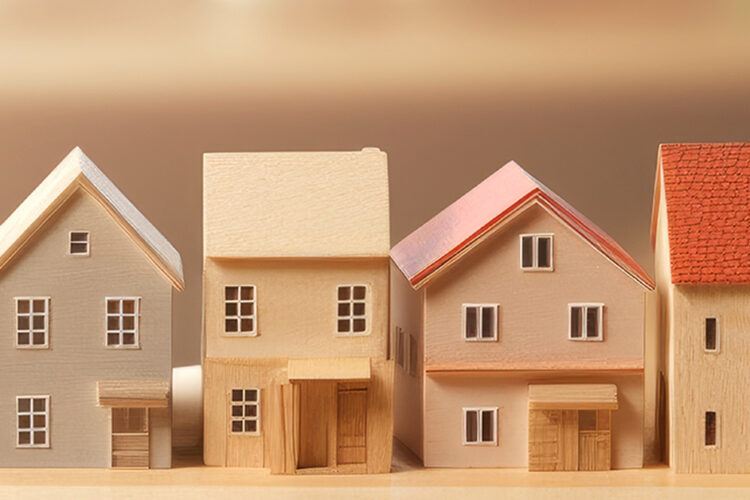National home prices rose once again in April, indicating that the price downturn could be drawing to a close.
>CoreLogic’s Home Value Index (HVI) recorded an increase of 0.5 per cent in April, following a rise of 0.6 per cent in March after falling 9.1 per cent between May 2022 and February 2023.
Home prices in Sydney rose 1.3 per cent and are heading the positive turn in housing conditions as values rose each month since February.
According to CoreLogic, Sydney values now sit 3 per cent higher than the recent trough in January, suggesting that a positive growth trend has emerged as the four largest capital cities all recorded a rise in values over the quarter.
CoreLogic research director Tim Lawless said it’s becoming “increasingly clear” that the housing market has “moved through an inflection point”.
“Not only are we seeing housing values stabilising or rising across most areas of the country, a number of other indicators are confirming the positive shift,” Mr Lawless said.
“Auction clearance rates are holding slightly above the long-run average, sentiment has lifted and home sales are trending around the previous five-year average.”
In addition, PropTrack’s Home Price Index also recorded a rise in home prices, up 0.14 per cent in April, leaving the cumulative increase for this year so far at 0.75 per cent.
Adelaide values ranked the highest on PropTrack’s index, up 0.41 per cent, followed by Sydney at 0.40 per cent and Perth at 0.21 per cent.
However, values in Hobart, Canberra, and Melbourne all recorded falls of 0.27 per cent, 0.17 per cent, and 0.11 per cent, respectively.
According to PropTrack’s index, Sydney is now leading the price recovery after leading the market downturn, rising by 1.68 per cent year to date, while Melbourne has overtaken Sydney in terms of annual price drops.
AMP Bank chief economist Shane Oliver warned that there is still a high risk of another down leg in prices due to the ongoing impacts of interest rate hikes.
“The headwinds of higher interest rates and poor affordability will likely constrain the upswing at the very least but also mean there remains a still very high risk (which I would put at 45 per cent) of another down leg as rate hikes fully impact and unemployment starts to rise,” Dr Oliver said.
“The conflicting forces of higher rates and a slowing economy, but a chronic demand/supply imbalance make the property market very hard to read with greater than normal uncertainty.


